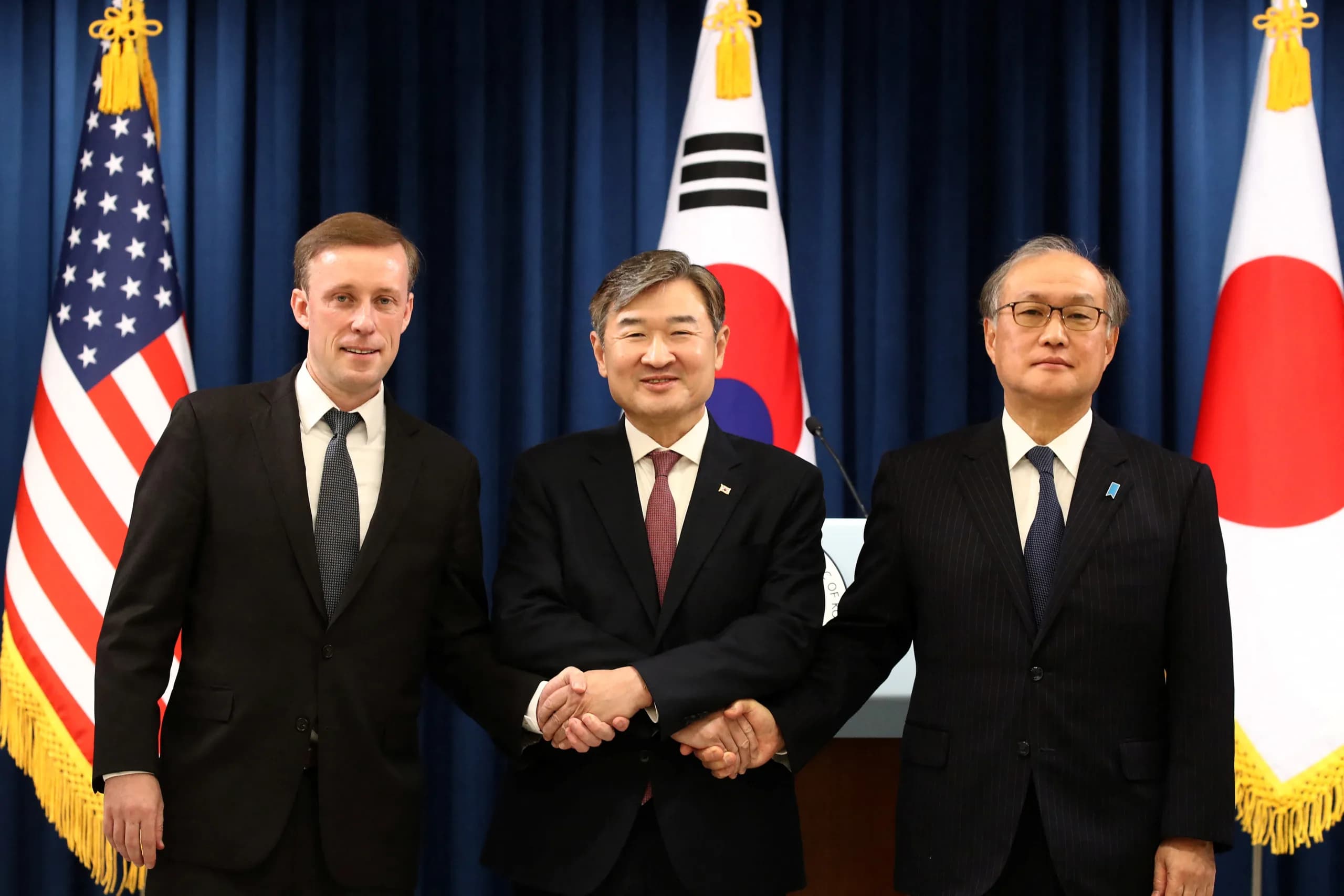South Korean Public Support for Independent Nuclear Weapons Surpasses 70% Amid Shifting Regional Dynamics

Discussions around nuclear armament are intensifying in East Asia, particularly in Japan and South Korea, fueled by a growing sense of vulnerability and a re-evaluation of long-held security postures. This shift is encapsulated by the colloquial Japanese phrase "平和 馬鹿" (heiwa baka), meaning "peace stupidity," which suggests being too accustomed to peace to the extent of sleepwalking into danger. As noted by Melissa Chen in a recent tweet, this phrase is "often used these days" and directly relates to the question of whether Japan and South Korea, currently under the US security umbrella, will eventually acquire nuclear weapons.
Japan, the only nation to have experienced atomic bombings, has historically adhered to its "Three Non-Nuclear Principles" of non-possession, non-production, and non-introduction of nuclear weapons. However, recent geopolitical developments, including an unpredictable international landscape and concerns over the reliability of US extended deterrence, have spurred internal debate. Political figures within Japan's ruling Liberal Democratic Party have openly discussed "nuclear sharing" arrangements with the United States or even the possibility of developing independent nuclear capabilities.
In South Korea, the debate has seen a more pronounced public shift. Recent polls, including one by Gallup Korea in February 2024, indicate that public support for developing indigenous nuclear weapons has surged, with over 70% of respondents in favor. This sentiment is largely driven by the persistent and escalating nuclear threats from neighboring North Korea, coupled with anxieties about the sufficiency of the US nuclear umbrella to deter such aggression.
Both nations possess advanced civilian nuclear programs, giving them "nuclear latency" – the technological capability to quickly develop nuclear weapons if a political decision is made. Japan, for instance, holds significant stockpiles of separated plutonium, which has led some to describe it as having a "bomb in the basement." Similarly, South Korea's robust nuclear energy sector provides it with the technical expertise and infrastructure for rapid weaponization.
Despite US assurances of its unwavering commitment to extended deterrence through platforms like the Extended Deterrence Dialogue (EDD) with Japan and the Nuclear Consultative Group (NCG) with South Korea, regional security concerns persist. The rapid expansion of China's military capabilities and North Korea's continued nuclear and missile advancements contribute to a complex environment where the question of independent nuclear arsenals for Japan and South Korea is increasingly seen as a matter of time by some observers.